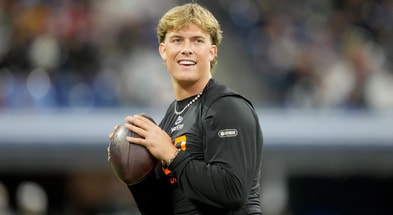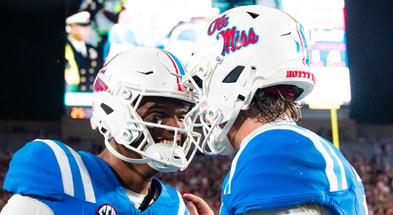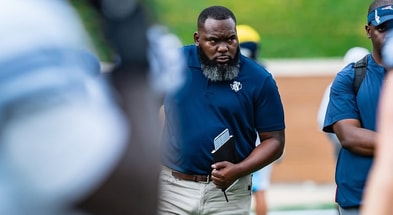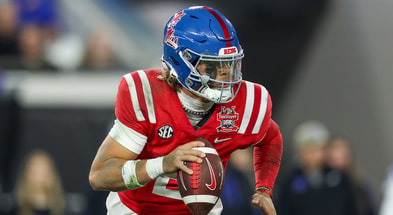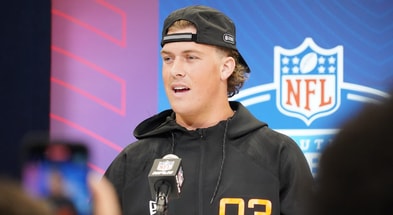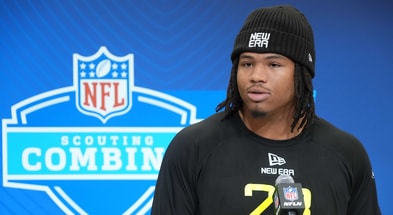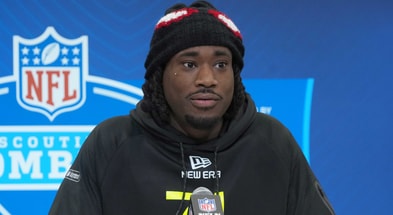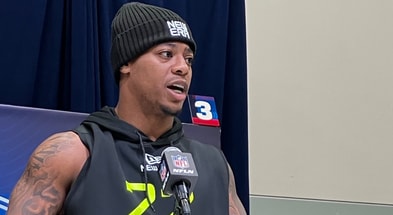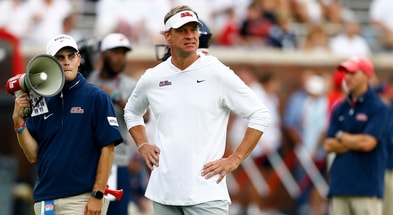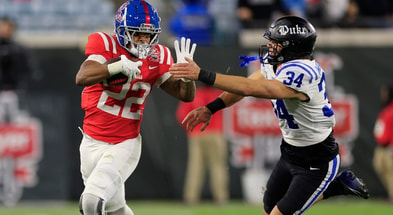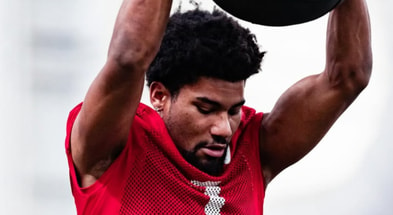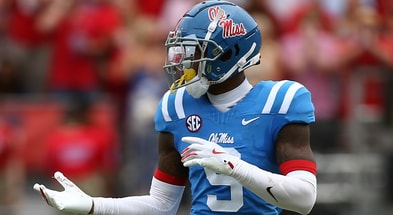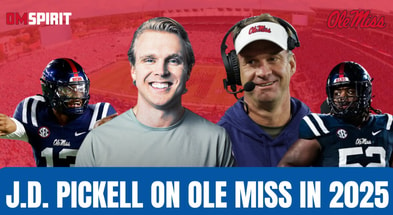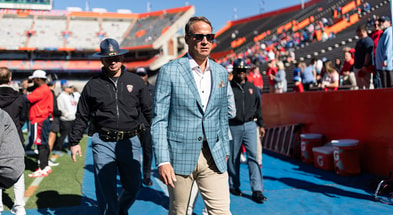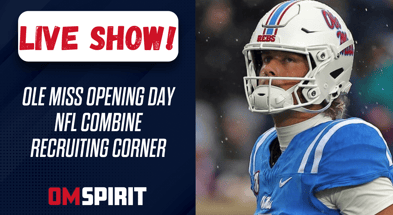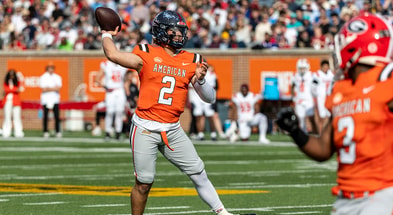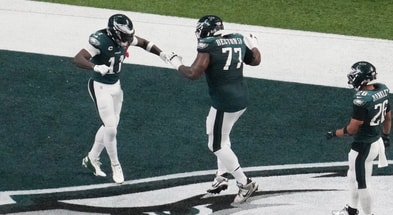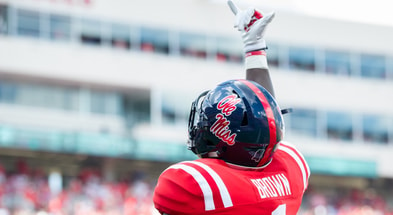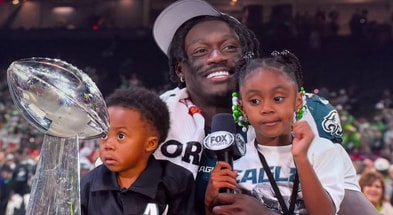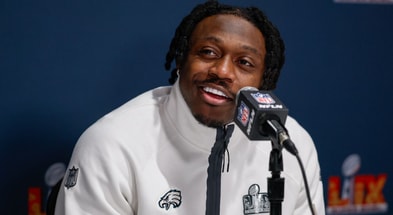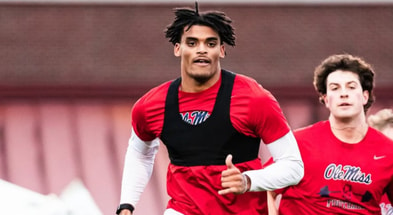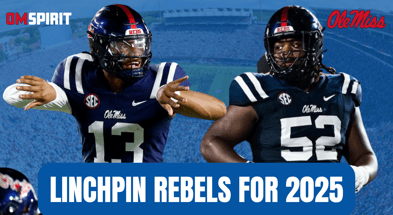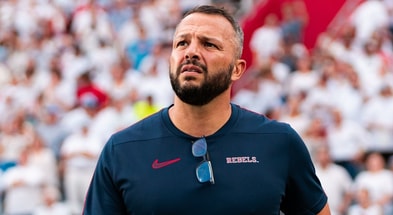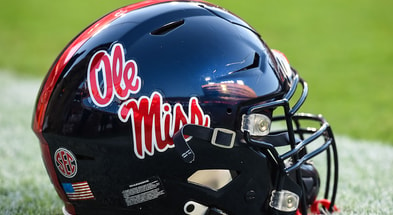‘Make one dollar spend like three’: Grove Collective’s Walker Jones talks all things Ole Miss and NIL with Paul Finebaum

Grove Collective executive director Walker Jones joined The Paul Finebaum Show on Friday to discuss a wide-range of NIL issues in college football. The Grove Collective is the leading NIL (name, image and likeness) arm of Ole Miss athletics.
The Ole Miss Spirit’s partial transcription of the extended conversation can be found below.
On how the Grove Collective works and its relationship to the Ole Miss football program
Really, I think, you can look at the collectives that are doing a really job as the ones that have a great symmetry with their administration, with the university, with the athletic department and probably more importantly the foundation and the fundraising arm of each one of these schools.
We were lucky enough in Mississippi to have a state statute that allowed for us to coordinate and communicate our fundraising activities together. It gave us a good headstart in the fundraising side of this.
The majority of the money coming in is donor-funded.
But really you see some commonality with the collectives that are doing a really good job. They’re the ones that figured out early on they need to be really tied to their athletic department. The foundations, the athletics foundation fundraising arms. They had that support, that alignment, that buy-in. Because donor fatigue is real. Donor confusion is real. Typically when people don’t understand something, they choose not to give to it.
Having that authentication from the university, the athletic director and the head coaches really is where you see great success on the collective side.
On how the fundraising process works for collectives
This is a very non-traditional business. I’ve been in business all my life, and this is unlike anything I’ve been a part of. But there are some similarities. We operate a budget — just like most other businesses do — where we go in and try to be impactful with every dollar we spend. We’re somewhat resource-constrained. We have a small staff, but a very good staff, and we try to manage our money accordingly.
Our motto is to make one dollar spend like three where we can so we can punch above our weight in the SEC and on the national landscape. But it’s really trying to deploy those resources to the sports to be the most impactful where we can; to help with creating new opportunities for athletes (and) helping them maximize those opportunities. Ultimately with that money we help them solve problems: Travel for their family. Socioeconomic issues that they may have. Financial literacy (and) learning how to budget and pay taxes.
All those things come with the compensation we try to help them with. Because the last thing we want to do is create a financial liability for our student-athletes. We want them to have the resources to not only be compensated, but develop should they choose to play professional football. Or if they don’t, they leave here being a better member of society through some of the tools and resources we put around them that this compensation brings.
RELATED: Where does On3 rank The Grove Collective among the most ambitious NILs?
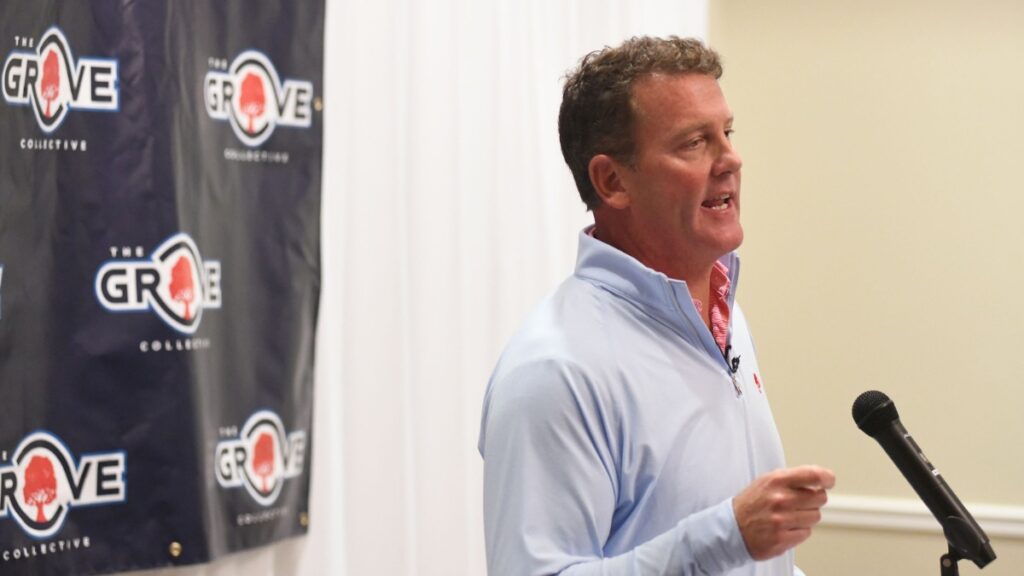
On how boosters come into play with the Grove Collective
That goes back to the first question about the alignment and the messaging. Messaging is very important. And again, there’s a lot of confusion, there’s a lot of hearsay. The majority of the stuff you hear about NIL is probably urban legend.
So, I think what we’ve tried to do, and some of my other partners in this space on the collective side, is try to be really smart with our messaging and try to refute the anecdotal information that may not be factual. To really work in concert with our athletic foundation, the Ole Miss Athletic Foundation, and make sure we’re not stepping on each other’s toes or cannibalizing our donors.
We’re teaching (our donors) how to walk and chew gum. You can give money to multiple things, and everything matters. One thing we figured out early on, too, is being coordinated. Those capital campaigns for facilities, coaches salaries (and) all the infrastructure needs Keith Carter has as our athletics director don’t go away. They’re still there. Now, you can debate how important facilities are as opposed to 10 years ago. But facilities still matter to a degree. Those things don’t go away.
So, we have to really be able to work in sync with that (and) pick our spots. We communicate weekly, daily with our foundation. Just like anything, it comes back to really smart messaging. Clear messaging and having our people understand all the values that are being created and the opportunities their donations in NIL can lead to.
I think we’re doing far more good. We’ve got some great stories about our young men and women who have used their money to pay off student loans for their family; to allow their parents to come watch them play, which a lot of us take for granted; and really trying to share those messages, which I think our donors embrace.
Top 10
- 1Breaking
DJ Lagway injury
Florida QB limited
- 2New
Kerr Kriisa injury
Kentucky guard out for year
- 3Hot
Bracketology update
Critical changes to 1-line
- 4
Dan Lanning
Oregon extends HC six years
- 5
Alex Jensen
Mavs assistant hired by Utah
Get the On3 Top 10 to your inbox every morning
By clicking "Subscribe to Newsletter", I agree to On3's Privacy Notice, Terms, and use of my personal information described therein.
On players making huge sums of money, agents in the space and other NIL myths
In my experience, collectives are run by good, smart people. People who not only love their university, but they have some business wherewithal and some knowledge about how to promote certain things and really smart (public relations) and smart messaging.
I think we spend a lot of our time dealing with some of the brush fires that pop up and refuting some of the stories you hear. I think what’s neat is collectives around the country are now talking more. We’re right now in the middle of putting together a really powerful group of nine Power 5 collectives. They’re going to be kind of a think-tank and like-minded. A unified voice. We can help each other with a lot of that.
Now, we’re not going to share every piece of information, and a lot of that stuff stays confidential. But there are things we can help with in terms of communicating with our donors, managing our athletes, dealing with these varying state laws and the IRS memo that came out last week and things like that. I really feel good about the fact that we’re all trying to kind of help each other. Coaches have their own trade association. Athletics directors have their own trade association. There’s no reason why these collectives shouldn’t have one.
Because, really, collectives are at the point of intersection for all this commerce. We have to deal with the university, the student-athletes, the donors, the fans, the NCAA. All those things we have to deal with with all those stakeholders. We can provide tangible, real-time information that can help the really smart people in these conversations make the right decisions.
You’re talking about Ole Miss, Tennessee, Georgia, Wisconsin, Southern Cal, Clemson, Florida State, Penn State (and) Michigan. That’s a really powerful group. We can bring some really smart ideas. More importantly, we can be a bridge to the real-time information that’s going on in the trenches.
On regulating NIL
That’s the challenge, and I don’t have a perfect answer to that. I was in the room in Washington D.C. and served on one of those panels. I heard all the different stakeholders in the room. There’s a lot of interested parties that have different perspectives or perceptions of what’s good and what’s bad.
I do think the federal government may have a role here when you start talking about employment and Title 9 and fair labor and standards and those types of things. But I think that’s going to be a ways away. In the immediate, what we feel as this collective trade association, is we can be a voice to our conference commissioners, the Power 5 commissioners, to give them some real data and information. How do we create a uniform state statue? How do we deal with an agent registry? Some version of a rev-share that is kind of the carrot to get people to fall in line with enforcement?
Ours is more focused on our universities and conferences and giving them a voice and that real-time information.

